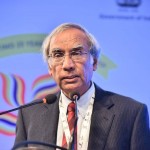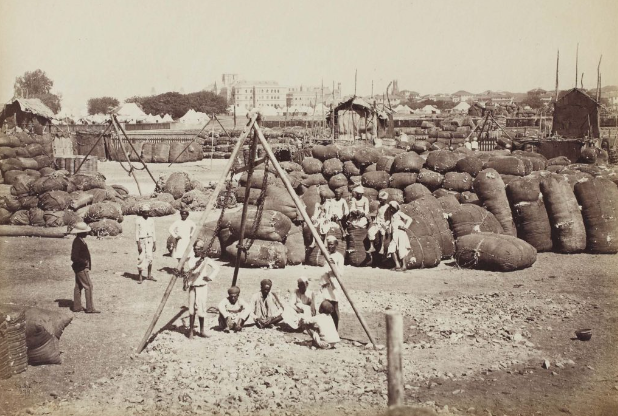 Courtesy: Sarmaya Arts Foundation
Courtesy: Sarmaya Arts Foundation
India’s External Affairs Minister S. Jaishankar is currently visiting Japan for the 16th India-Japan Foreign Ministers Strategic Dialogue. The bilateral, which began 130 years ago with Bombay’s cotton trade, has deepened into a Special Strategic and Global Partnership in defence, digital technologies, semiconductor supply chains, clean energy, trade and connectivity. The following book excerpt traces the origin of India-Japan trade ties.
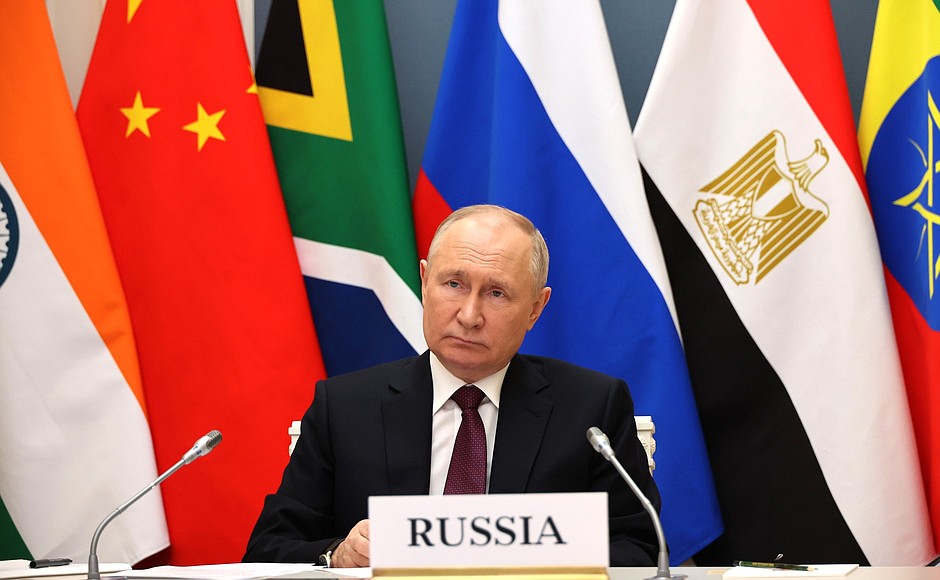 Courtesy: Official Internet Resources of the President of Russia
Courtesy: Official Internet Resources of the President of Russia
Russia took charge of BRICS in January 2024 at a point of inflection in geopolitics and expanding influence for the bloc. As chair, Moscow aims to bolster cooperation along the lines of the BRICS’ three pillars to shift power away from the West and explore ways to engage potential members. Though China seems onboard, for India, neither of these pursuits must proceed too aggressively.
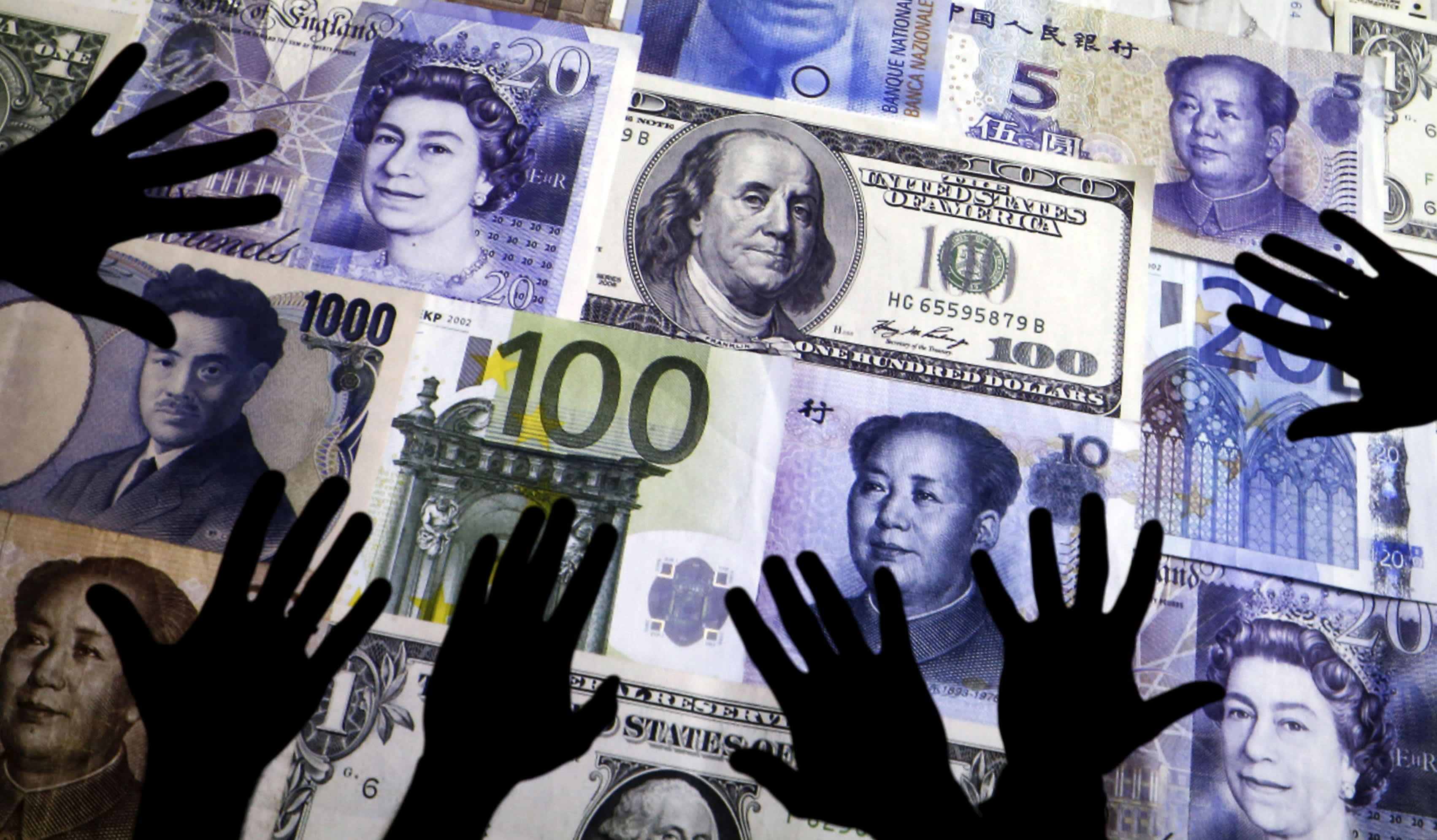 Courtesy: CNBC
Courtesy: CNBC
The imposition of sanctions, continuing wars and the rise of new geopolitical blocs seeking to move away from western economic dependence, have prompted talk of ‘de-dollarisation,’ switching from the U.S. dollar as a currency of trade and reserves. Surjit Bhalla, well-known economist and India’s former representative at the International Monetary Fund, discusses the logic behind de-dollarisation and the key indicators of its sustainability or demise.
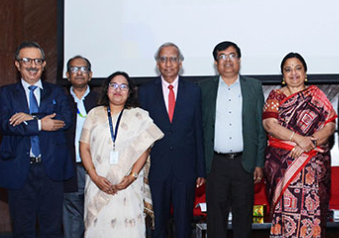 Courtesy: Indian Council of World Affairs
Courtesy: Indian Council of World Affairs
On 22 February, Rajiv Bhatia, Distinguished Fellow, Foreign Policy Studies delivered the keynote address to participants at the national seminar on “BRICS as a Global Alternative—Prospects and Concern for India.” He argued that an examination of BRICS and the geopolitical context in which it is functioning provides an opportunity to raise awareness of the India's perspective of this important organisation.
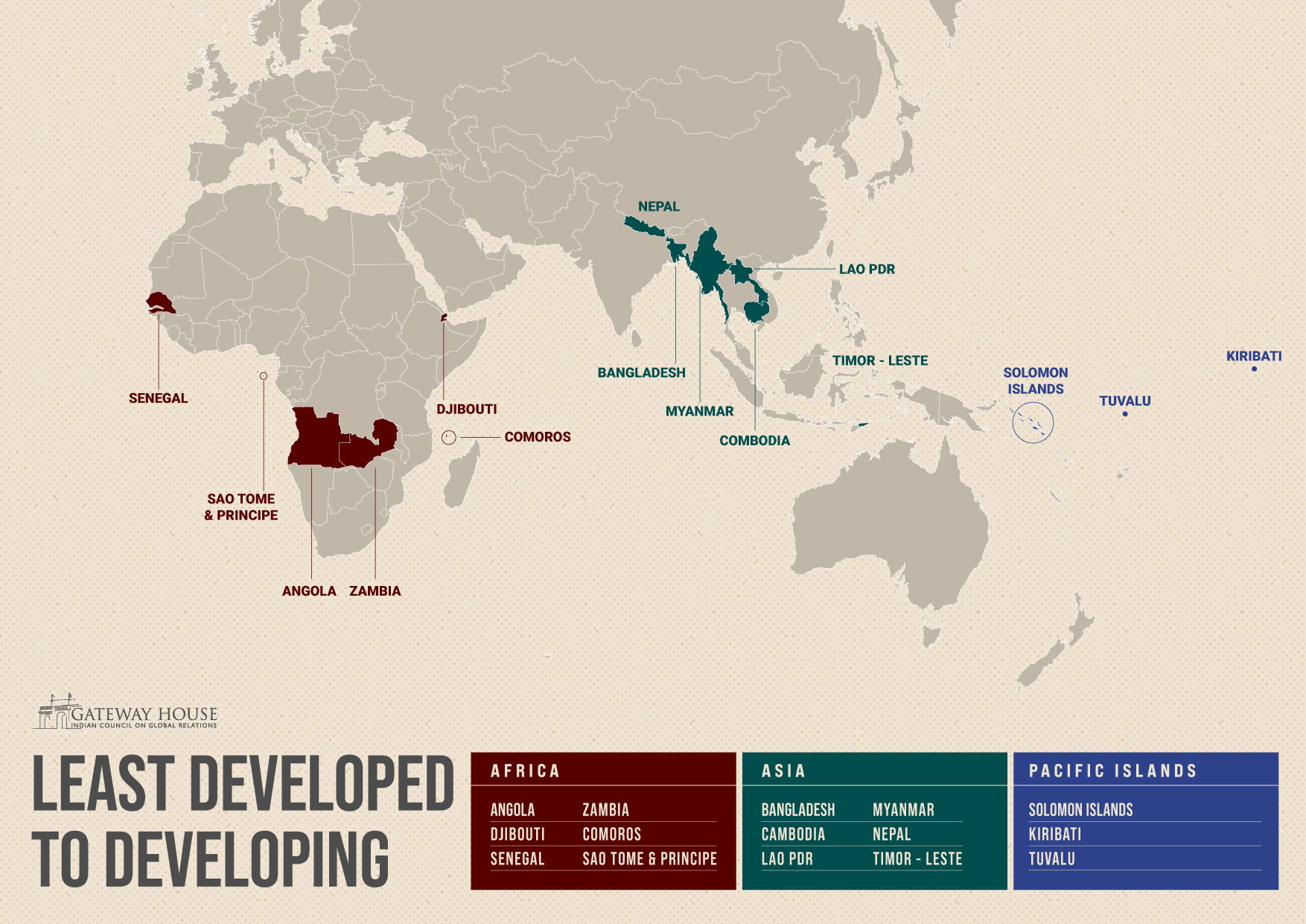 Courtesy: United Nations
Courtesy: United Nations
The transition from least developed country (LDC) to developing country marks a major milestone for the world’s most vulnerable and structurally disadvantaged countries. The recent graduation of Bhutan into the 'developing' realm reflects the trend of accelerating development among least developed countries. Fifteen more LDCs are due to move up in the coming years, a clear improvement from the past.
 Courtesy: India Today
Courtesy: India Today
Just as September 11, 2001 unfolded a new chapter of the world order, as December 17, 2010 awakened the "Arab Spring," so October 7, 2023, has become a date that has unforgettably changed the Middle East's foreign policy and geopolitical dynamics. The existential paradigm of Israel and Palestine has adopted a war axis without turning back but has necessitated reevaluating diplomacy and recalibrating priorities.
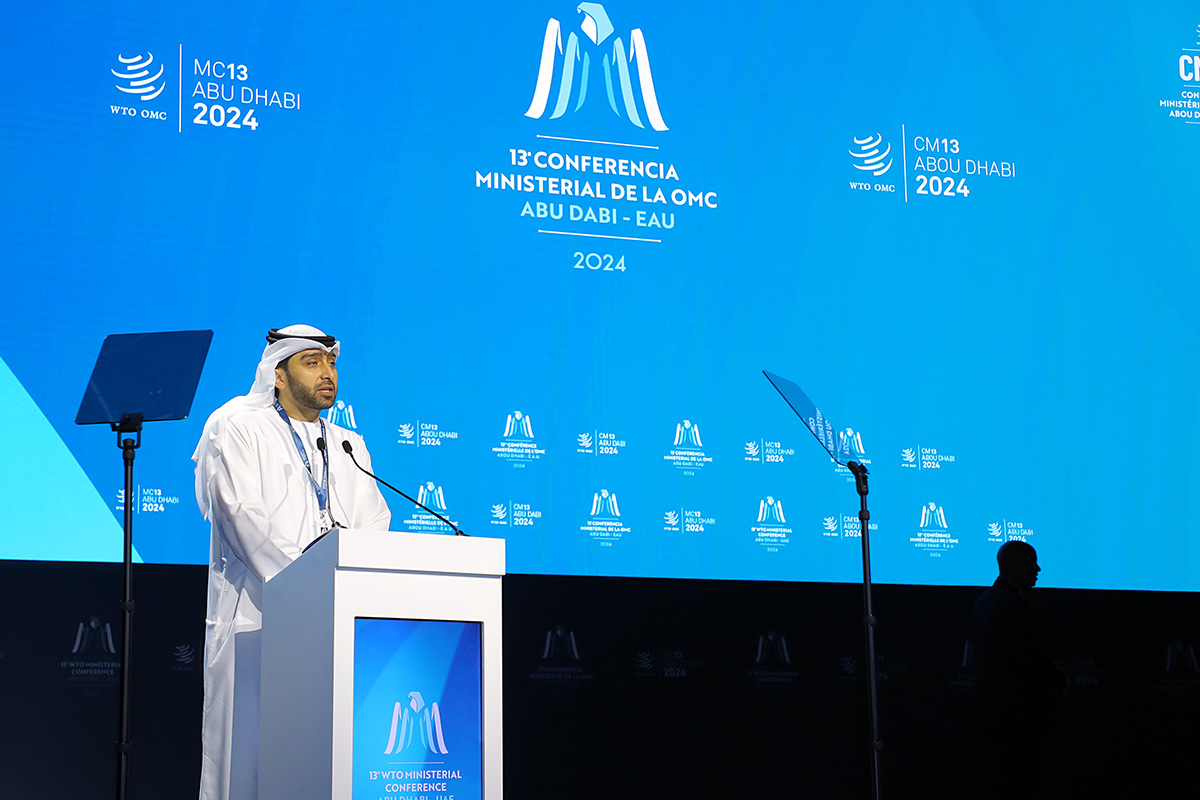 Courtesy: World Trade Organisation
Courtesy: World Trade Organisation
The ongoing WTO 13th Ministerial Conference in Abu Dhabi is a critical one. Apart from reform of the existing system, negotiations on e-commerce and digital trade should be finalized, as it represents the human capital of growing digital services economies in developing and developed countries. Cooperation will demonstrate that members can produce results and chart a constructive path for the WTO system.
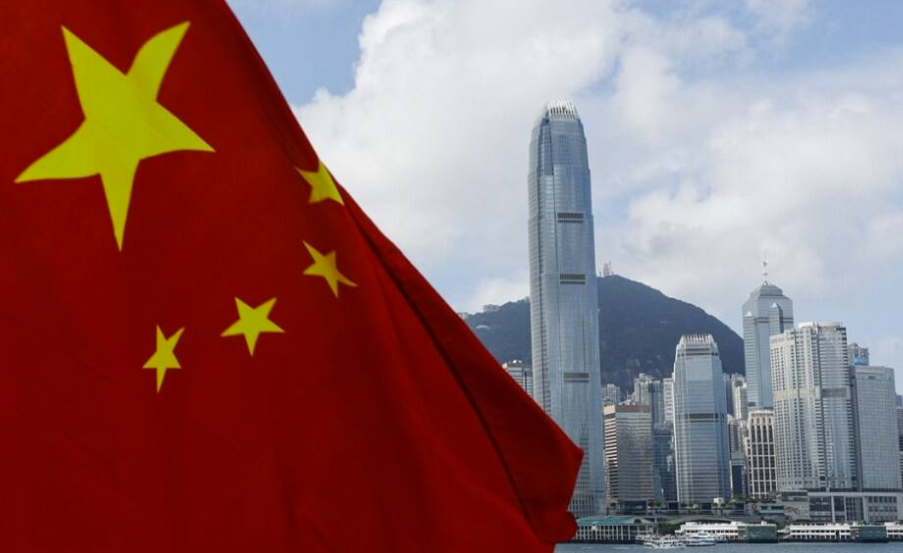 Courtesy: Financial Express
Courtesy: Financial Express
Has China peaked? India's leading China expert and Adjunct Distinguished Fellow for National Security and China Studies at Gateway House, Lt. Gen. S.L. Narasimhan discusses China's economy, the sustainability of Chinese global influence, the future of U.S.-China relations, and what this means for India. China, he says, will continue to be a shaping force in geopolitics, and the India-China relationship will continue to be one of interdependence.
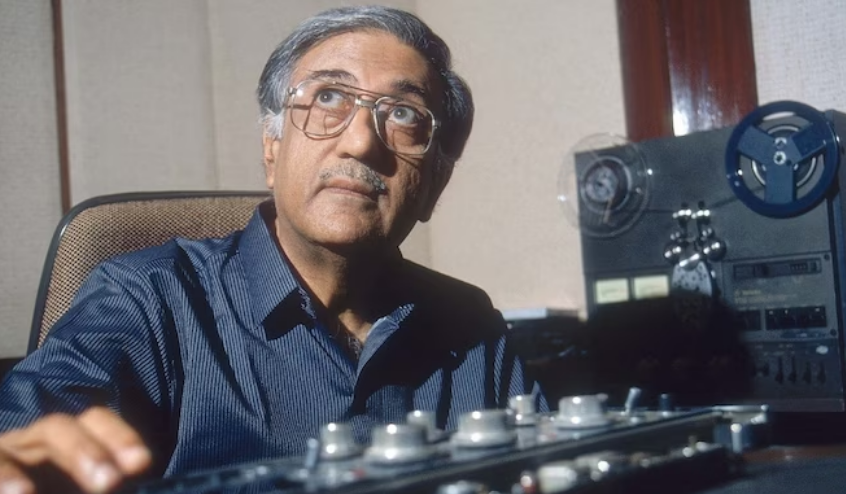 Courtesy: India Today
Courtesy: India Today
Ameen Sayani was India’s most favourite and recognised voice on the radio. He upturned post-Partition Indian bureaucratic orthodoxy with his shows on Hindi film songs, delighting his listeners for decades. His was also a mission in nation-building. To Gateway House, he was a fellow traveller, friend and loved neighbour.
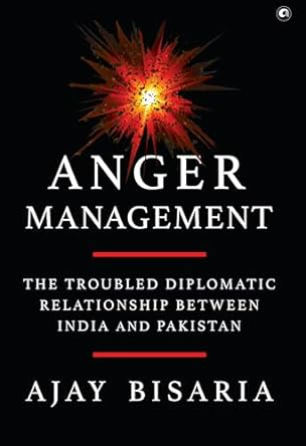 Courtesy: Amazon India
Courtesy: Amazon India
A new book on India-Pakistan relations by former High Commissioner Ajay Bisaria, brings his practitioners’ knowledge to the fraught bilateral. He reiterates that the determining factor is still Pakistan’s quest for identity based on territory and security, and the paranoia of the Pakistani army. The book contains fascinating insights about his predecessors’ suggested solutions and lays out three scenarios for the future.


